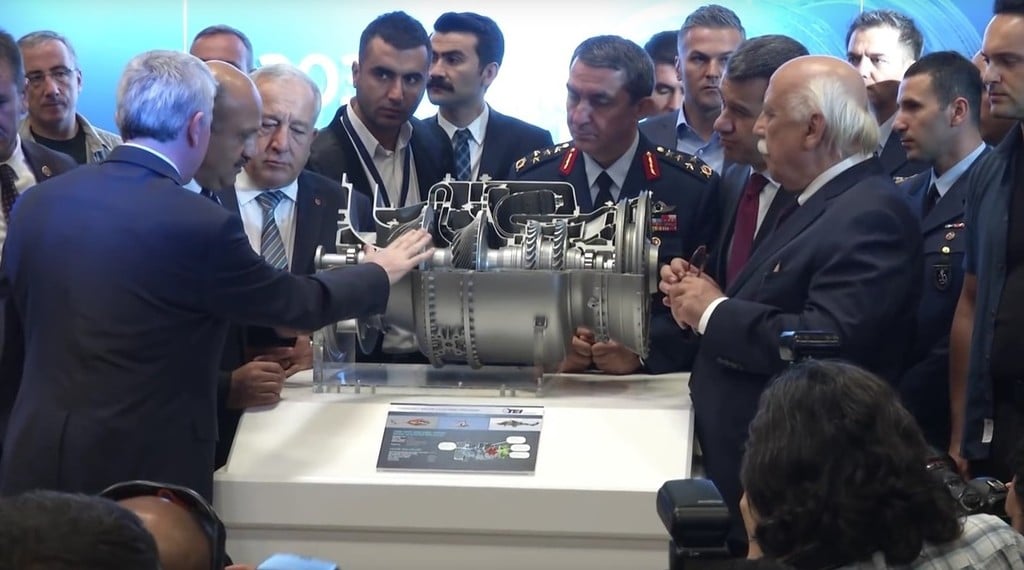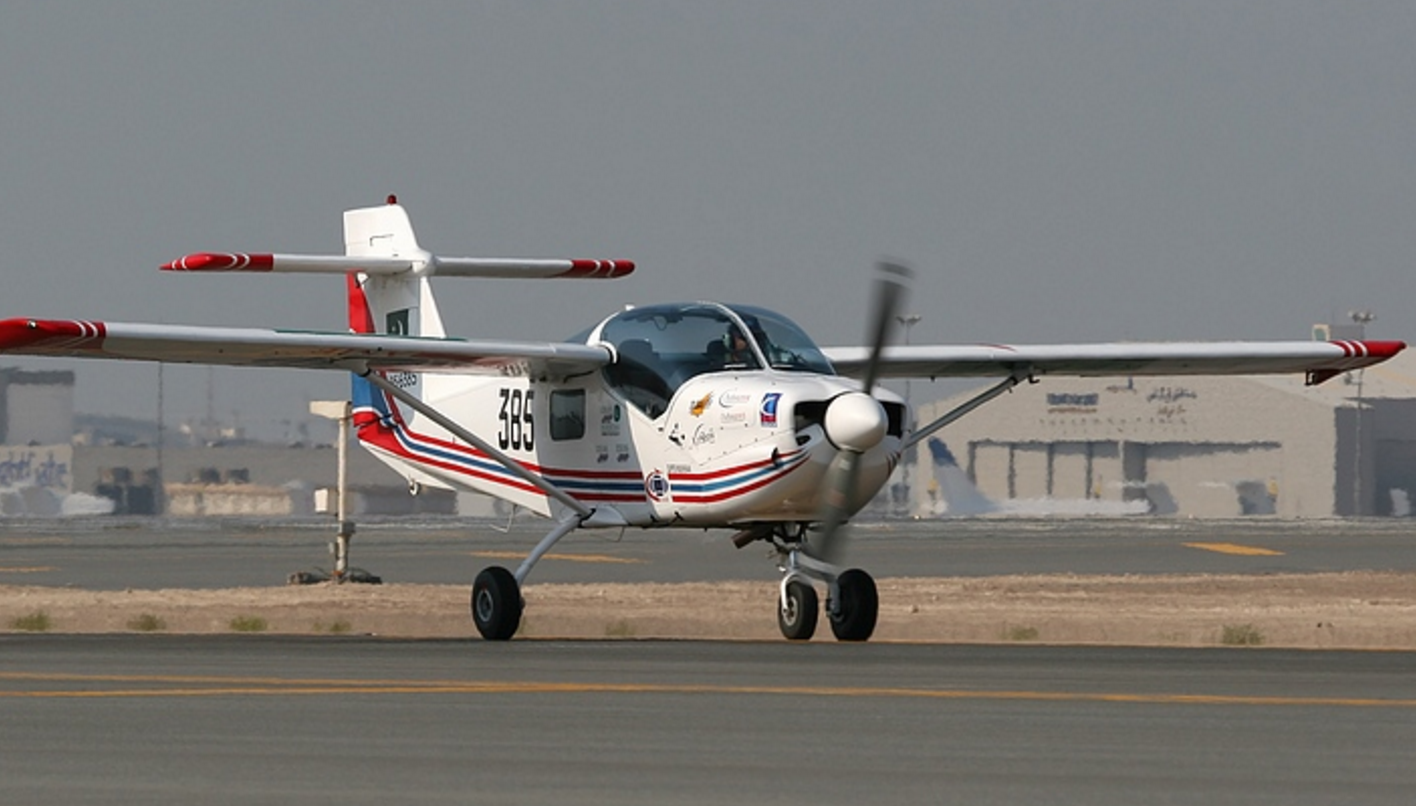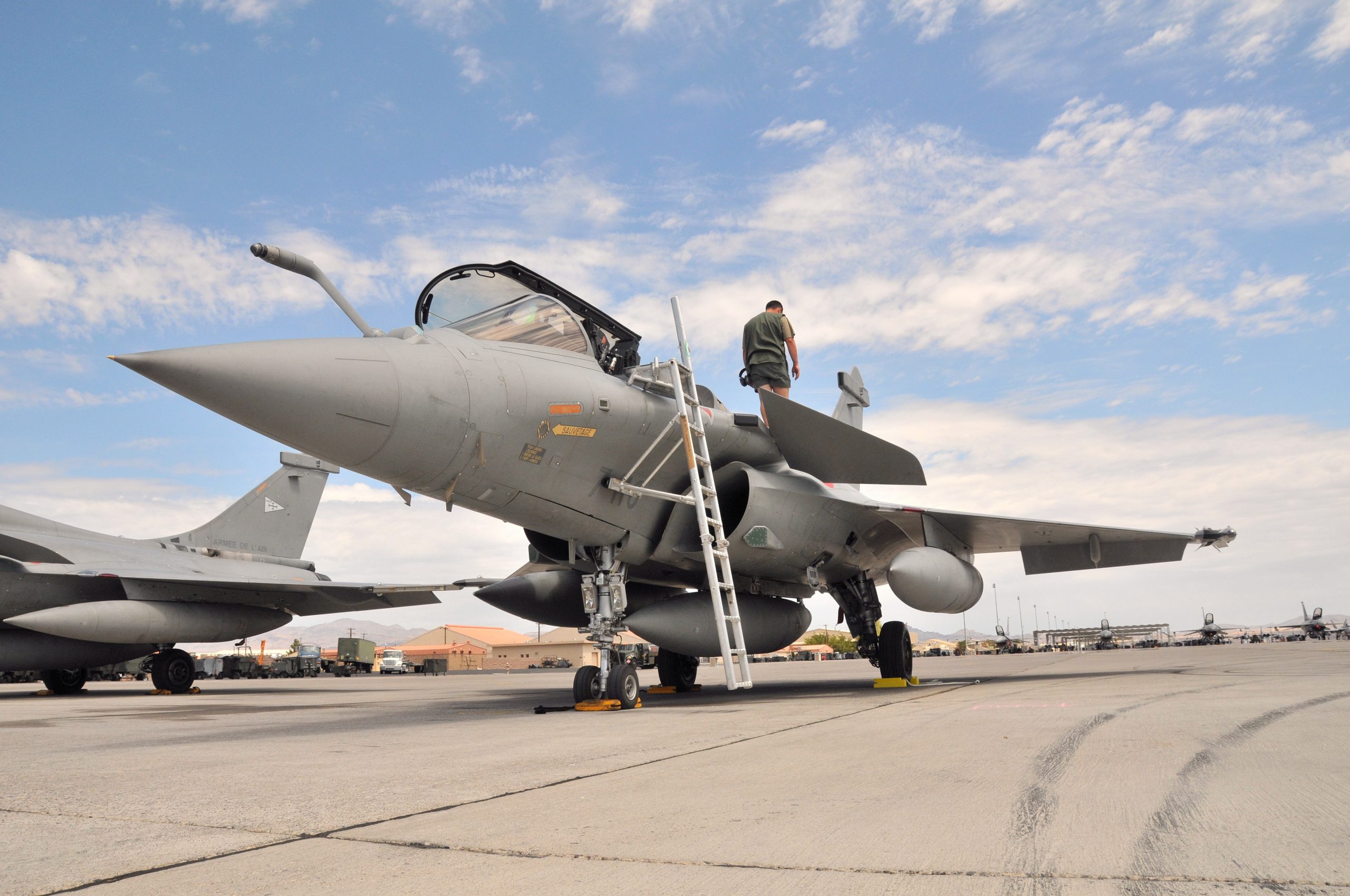2279Views 4Comments

Turkey commissions development of indigenous turboshaft engine
The Turkish Undersecretariat for Defence Industries (SSM) has awarded TUSAŞ Engine Industries (TEI) a contract to develop a turboshaft engine for the Turkish Aerospace Industries (TAI) T-625 utility helicopter.
The TEI turboshaft signing ceremony was attended by the head of the SSM, Dr. İsmail Demir, TEI’s General Manager Dr. Mahmut F. Akşit and other dignitaries.
As per the Hurriyet, TEI is to design and develop gas turbines and a 1,400 shp turboshaft engine in the next two years. In addition to the TAI T-625 helicopter, the TEI turboshaft will also power the TAI T-129 ATAK attack helicopter and TAI Hürkuş turboprop-powered trainer and light combat aircraft.
Notes & Comments:
Turkey had been studying the development of turboshaft engines for some years, with TEI itself setting a 20-year roadmap for domestic turboshaft and turbofan development. The latter will equip the TAI TFX next-generation fighter.
With an output of 1,400 shp, the TEI turboshaft should have a power rating similar to the T-129 ATAK’s current engine, the Light Helicopter Turbine Engine Company (LHTEC) T800, which was jointly developed by Rolls-Royce and Honeywell. Initially, the TAI T-625 will also be powered by the T800.
Indigenization of critical technologies will serve a core aspect of Turkey’s long-term strategy of becoming a leading defence and aerospace exporter. Currently, Turkey depends on foreign turboshaft designs, such as the General Electric T700, which require it to secure licenses and approval for exports. Securing licenses for certain customers, such as Pakistan, had been an issue of concern. In the long-term, the availability of the TEI turboshaft should rectify this issue.
Turboshaft development is costly, but TAI and TEI benefit from a domestic market, which will ensure launch orders and provide initial scale to distribute the development cost. However, the Turkish industry will benefit from actual control over its products, which will open it to a wider addressable market. It could also market the engine as a stand-alone product to overseas helicopter manufacturers.
Turkey will be using this turboshaft design for the long-term, during which it will continue developing the platform and producing it for many different applications.



4 Comments
by Omar Dar
This is a very good development and Pakistan should join it as a partner. In this way both of us can share costs, risk and expertise to move forward. Best of luck Turkey.
by Shakeel
A welcome development.Pakistan should join Turkey in such prestige project.Experience gained in turbo shaft engine would be invaluable.
by mh1975
the first engine will be ready in 2 years time according to janes and the duration of the entire program is 8 years
by Navid Butt
Why did Pakistan not join China with WS-13 development program in 2001?